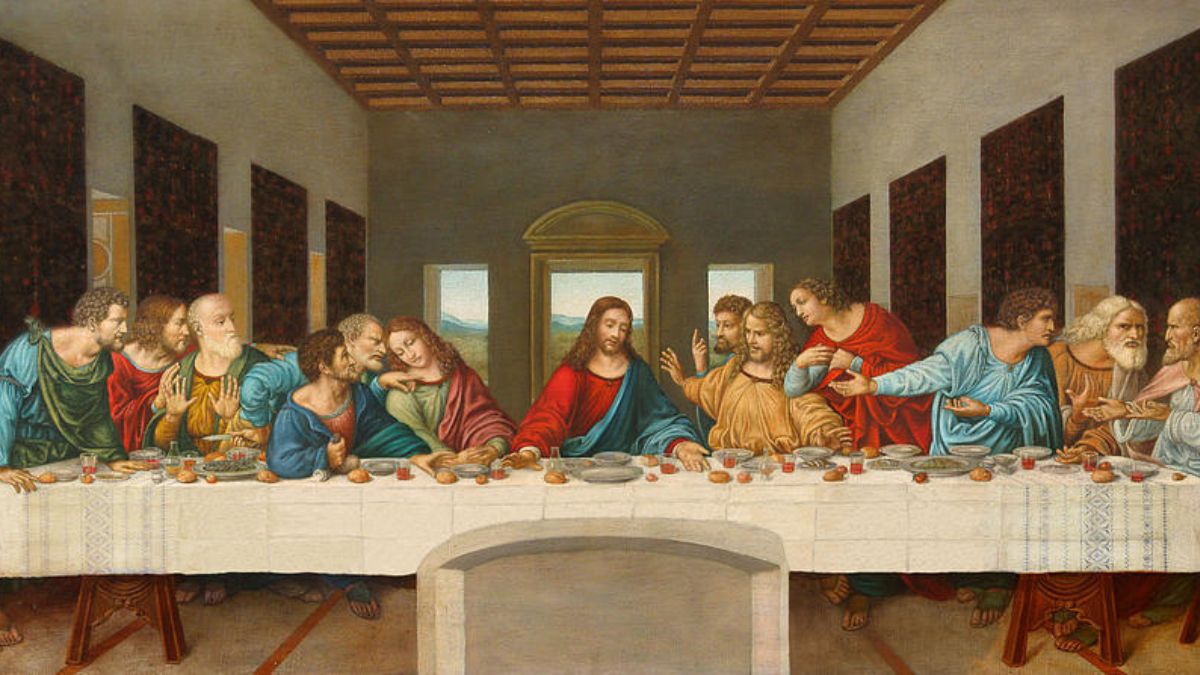

BreakPoint
Tornado-Designed 747s
I remember an incident back during my Watergate days that illustrates how utterly irrational atheism is. I had approached one of my colleagues to offer spiritual help. He was on his way to prison. "No thanks," was his reply. "I'm a rationalist." He'd decided that God was merely the figment of a pious imagination. For a time his "rationalism" seemed to work. After his prison term, he went on to a successful business career. He seemed to have it all together—without God. But years later rumors reached me that my former colleague was reading Christian literature, seeking deeper answers to life. "I can no longer be an atheist," he wrote to me, "for I cannot get by the question of how life began. The scientific rationales are themselves simply irrational." But, of course, my friend came to realize what some of our best scientific minds are telling us: that it is irrational to believe that the universe came into existence through purely natural causes. In his book Origins, Robert Shapiro describes a set of calculations performed by Yale University physicist Harold Morowitz. Morowitz calculated the probability of generating a single bacterium by chance as 1 chance in 10 to the 100 billionth power: that's the number 10 followed by 100 billion zeros. Shapiro concludes that "the improbability involved in generating even one bacterium is so large that it reduces all considerations of time and space to nothingness." In other words, belief in the random generation of life requires a herculean leap of faith. It's no wonder that British astronomer Sir Fred Hoyle dismissed the idea of the random origin of life. It is "as ridiculous and improbable as the proposition that a tornado blowing through a junkyard may assemble a Boeing 747." Well put. In fact, the onus is on the nonbeliever to provide a credible explanation as to how life could have come into being without God. Some quite imaginative ideas have been proposed. Francis Crick, the scientist who discovered the double helix structure of DNA, realized the impossibility of such complexity arising on Earth by chance. Crick's solution? He theorized that DNA had somehow been transported to our planet from elsewhere in the universe. That, of course, absurd as it is, just moves the problem back a step. The real question is how something as complex as DNA could have developed by chance anywhere in the universe. A world view predicated on the existence of a Creator—far from being irrational sentiment—is actually the only intellectually defensible position. Historian Paul Johnson writes that there has been "an orgy of scientific God-questing . . . books by eminent scientists" disillusioned with the failures of current theories. So don't be intimidated by worn-out charges that faith in God is blind and irrational. It's quite the contrary. Why don't you share this entire special series with your neighbors? Atheists can't be too careful. Like my Watergate pal, when they subject their atheism to rigorous scrutiny—they soon realize that their flight from God is no more rational than a tornado-designed 747.
10/25/95















